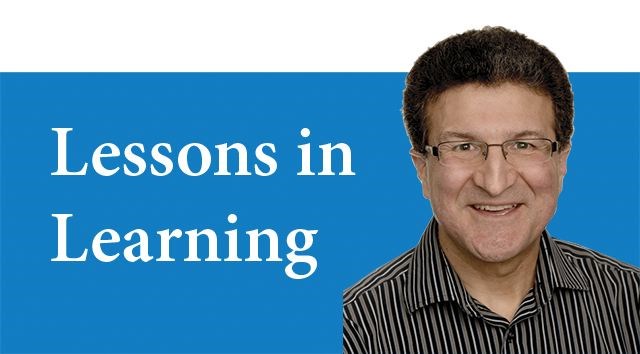Radio personality and motivational speaker Earl Nightingale said, "Treat every person as the most important person on earth."
This advice may seem counterintuitive. Doesn't it make sense to only treat people well if they have something to offer us? Why would I treat someone with respect if there is nothing in it for me?
It is true that being nice can set us up to be taken advantage of from time to time. There are a few people who see kindness as weakness. While it is important to be prudent, if we stop treating others with respect to avoid rare negative consequences, we are giving a great deal of our own power to people who simply do not deserve it.
Indeed, when we look at the world, it seems that many people do not follow Nightingale's advice. We see the poor neglected, and even worse, we see groups of people treated cruelly for simply being who they are.
When we treat every individual with the respect that they deserve, however, good things begin to happen. A study documented in the Harvard Business Review noted that respect toward employees was the most important quality leaders needed to demonstrate in order to get commitment and engagement from their workers. This normally translates to stability and profitability for corporations.
Throughout my work life, it has just made sense to be nice to people. As a pool cleaner working my way through university, I was advised by a co-worker to be nice to the landscapers. "All they have to do is turn the lawnmower the other direction to make a lot more work for us." Even more than avoiding negative consequences, being nice to coworkers, from trainees to owners, just made for a pleasant work environment.
As a teacher, it is vital that I foster an atmosphere of kindness and respect in my classroom. This is created by honouring each individual, and insisting that my students do the same for each other. The result is an environment where effective learning can take place.
The ideals of respect and service also help me to be mindful of the fact that each child is a unique individual with an exciting future ahead. One of them may be destined to be the next Prime Minister. The child who struggles to read may earn a fortune as an amazing plumber. The child who struggles with math may become a famous performer. When children feel accepted and celebrated as individuals they have the courage to explore their own giftedness.
It is also true that being good to others benefits us. Extensive research accumulated at the Greater Good Science Center at the University of California Berkeley shows consistently that people who are kind and compassionate are happier and healthier.
The benefits of doing good for others are also evident on a societal level. Giving everyone healthcare has resulted in significant savings for all Canadians. Communities that care for their poor have lower crime rates and lower costs for law enforcement. Countries that invest in public education have stronger economies.
The same is true on an international level. When wealthier countries fund health care and education in developing countries the result, with rare exceptions, is peace, stability, freedom from epidemics, avoidance of mass migration, and overall progress.
Perhaps author and marketing consultant Simon Sinek put it best when he said, "If you want to be a great leader, remember to treat all people with respect at all times. For one, because you never know when you'll need their help. And two, because it's a sign you respect people, which all great leaders do."
-- Gerry Chidiac is a champion for social enlightenment, inspiring others to find their greatness in making the world a better place. For more of his writings, go to www.gerrychidiac.com



